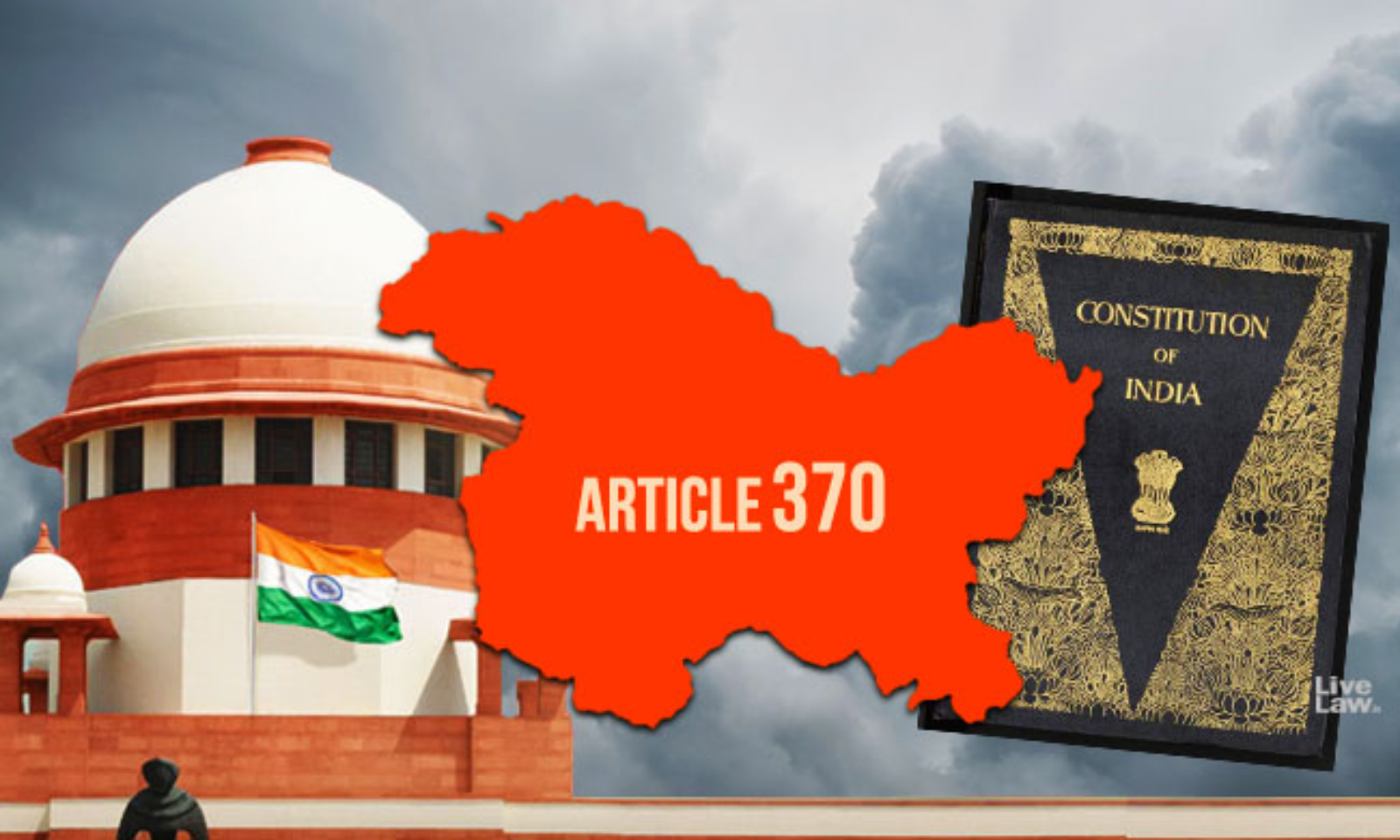
CPI(M) Polit Bureau has issued the following statement on December 11
THE verdict of the Supreme Court dismissing the challenges to the abrogation of Article 370 and dissolution of the state of Jammu and Kashmir is disturbing and has serious consequences for the federal structure of our constitution which is one of its fundamental features.
The verdict says that J&K does not retain any element of sovereignty after the Instrument of Accession was signed and hence rules that the constitution of J&K is redundant. But, was not signing of the Instrument of Accession conditional to retaining a special status contained in now abrogated Article 370?
The verdict declares that J&K is like any other state in the Indian Union, thereby depriving it of even the special features granted to the north-eastern states and some others under various clauses of Article 371.
The verdict has evaded going into the merits of downgrading the state of J&K into two union territories, stating that the solicitor general has promised the return of statehood. At the same time, the creation of a separate Ladakh union territory is upheld as valid. So, the restoration is not for the original state of J&K, but only a part of it and even that remains an assurance on paper.
Strangely, the Supreme Court directs the Election Commission of India to hold polls in J&K at the earliest not later than September 30, 2024. The verdict, thus, gives the central government a long rope to retain control over J&K.
When a state is under president’s rule and its statehood is dissolved, in the absence of an elected legislative assembly can the concurrence of the president appointed governor be taken as the substitute? Again, this has serious consequences for all other states where president’s rule can be imposed and its boundaries altered or statehood dissolved.
The proviso under Article 3 of the constitution states that the president shall refer the bill for reorganisation of any state to the legislature of the concerned state to elicit its opinion. This verdict opens the Pandora’s Box permitting the central government to unilaterally initiate the formation of new states, alteration of areas, boundaries or names of existing states. This may well lead to serious undermining of federalism and the rights of the elected state legislatures.
A detailed response to this 5-bench verdict, with the main judgement and 2 concurring judgements, can only be made after a thorough study.
However, it is clear that this verdict has serious implications for the federal structure of our constitution and is inclined to strengthen a unitary state structure in the name of “integration” and by invoking “national security.”


